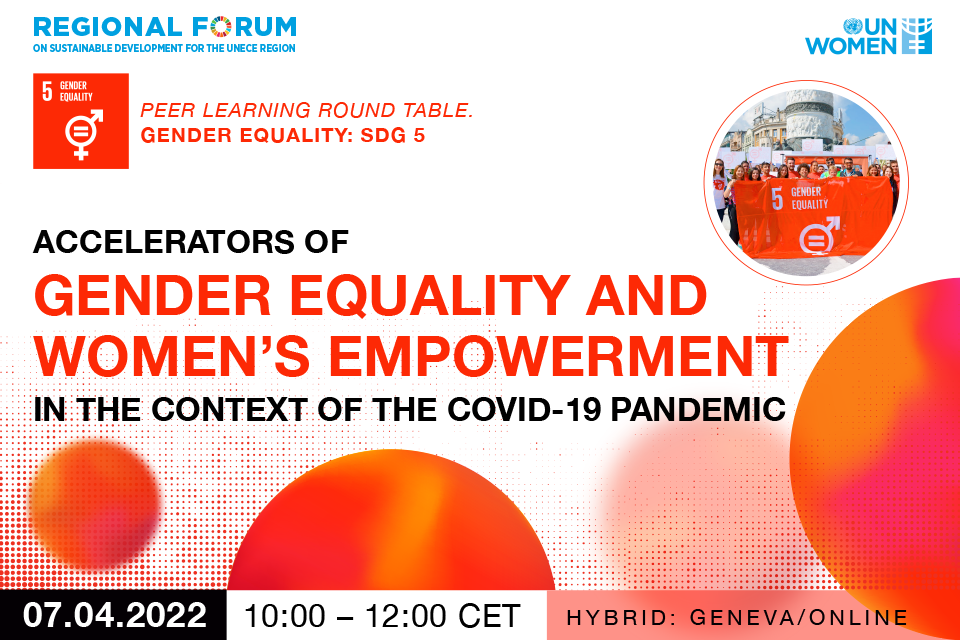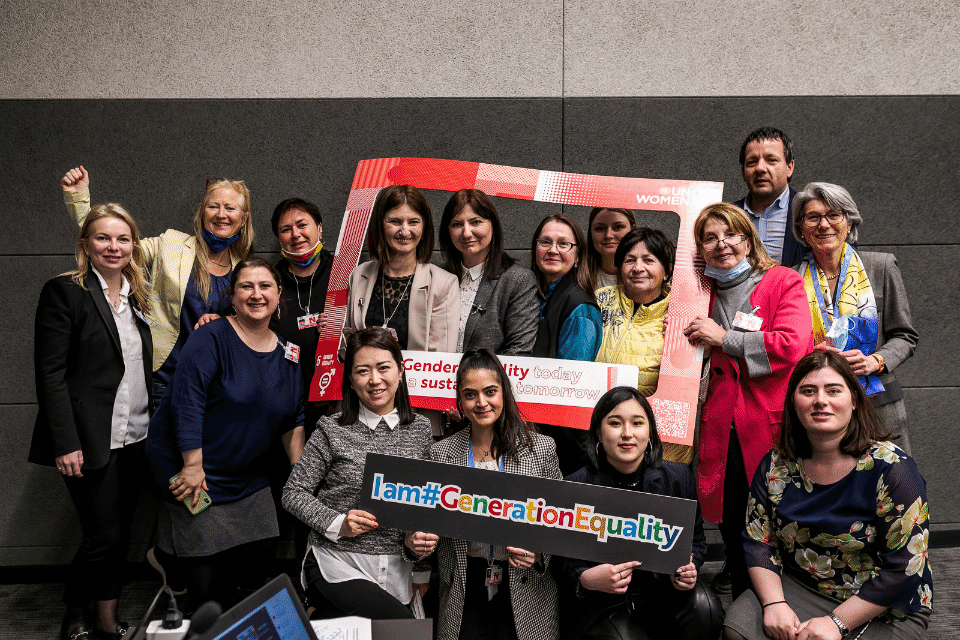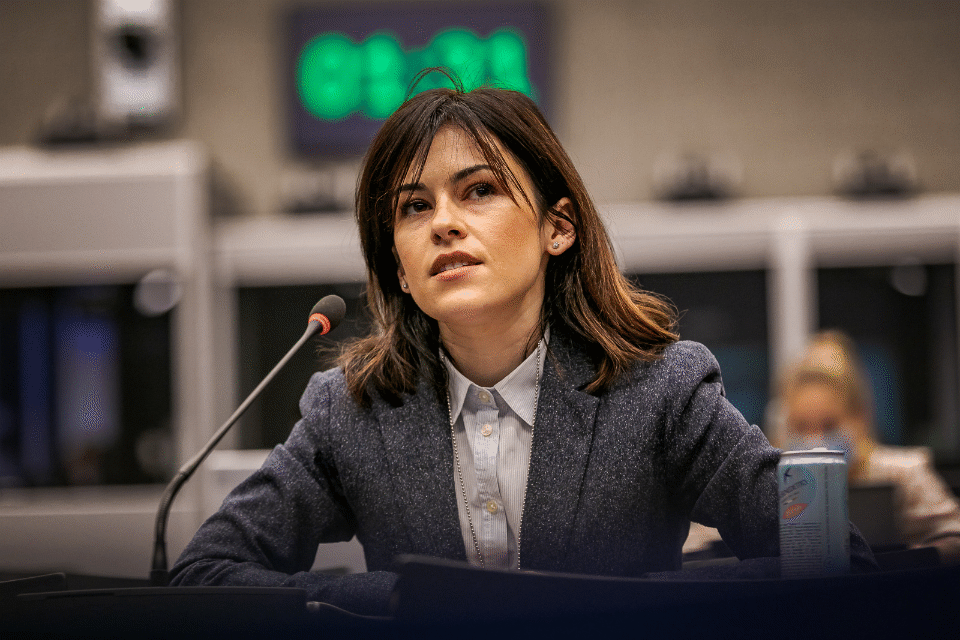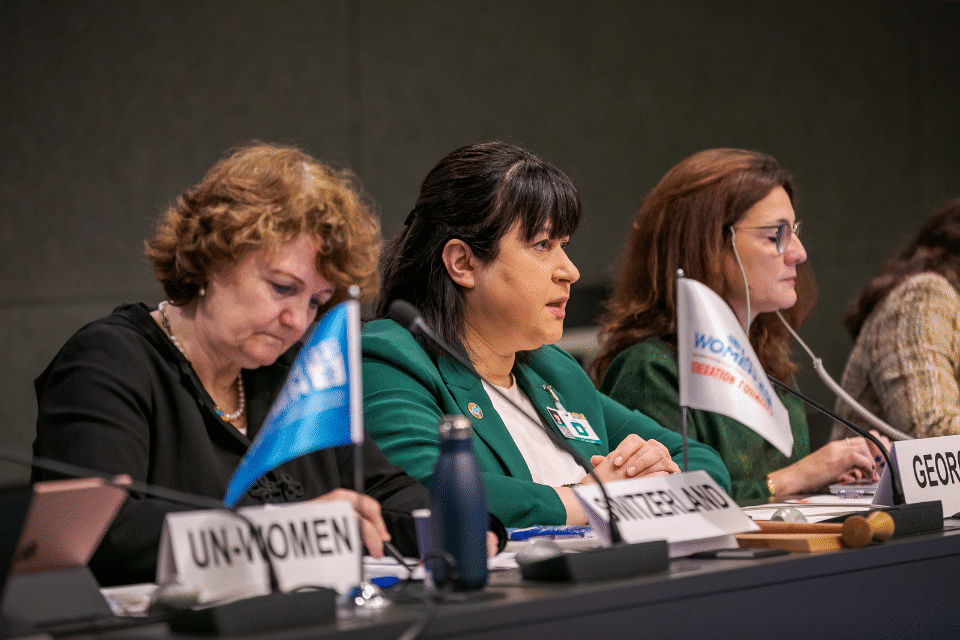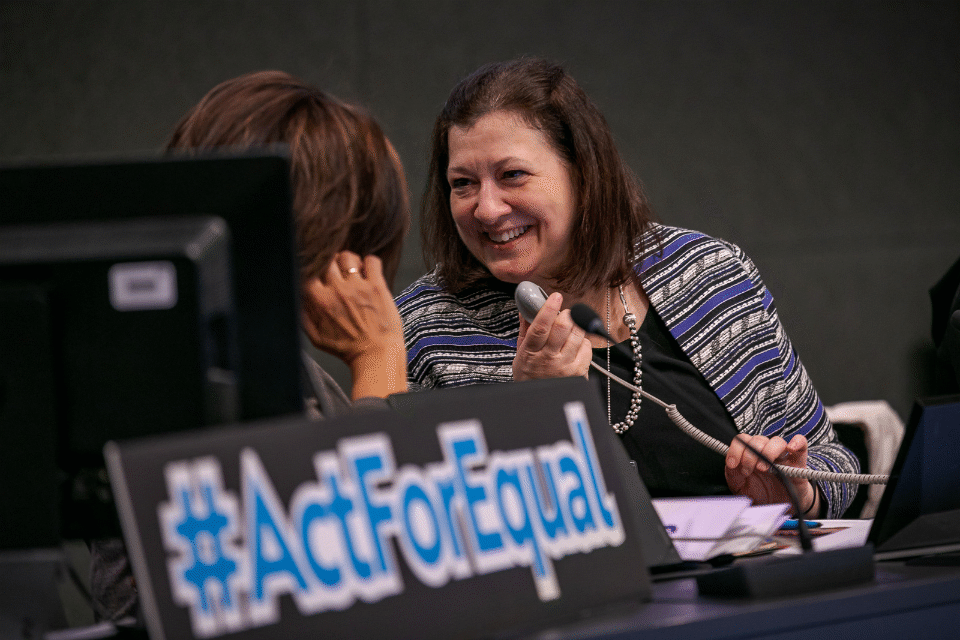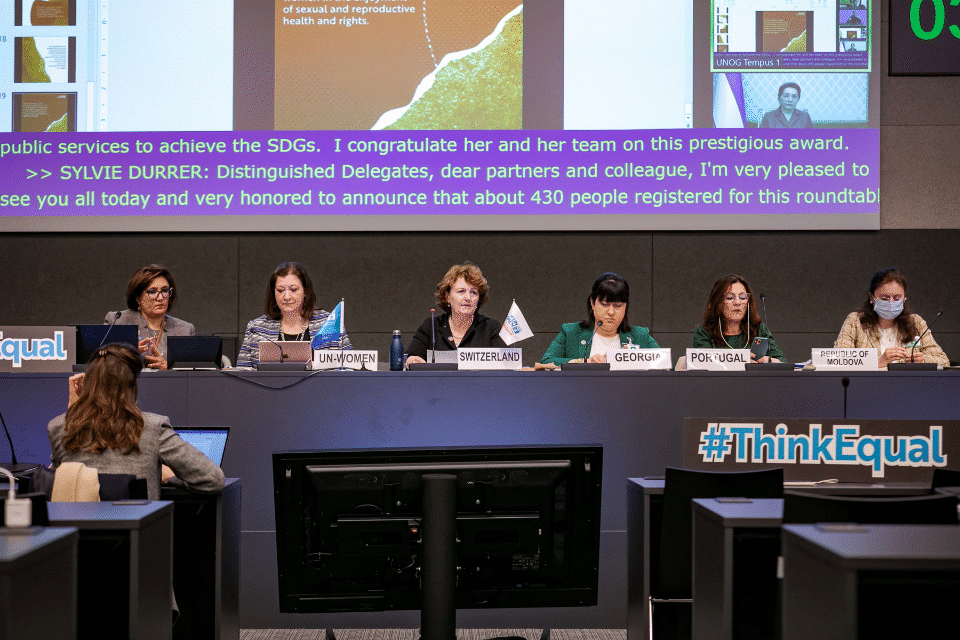During the roundtable, policymakers and experts coming from Uzbekistan, Georgia, Albania, Moldova, Greece, and all the way to Portugal, the United Kingdom and many more countries presented proven “accelerator” practices towards progress in specific SDG 5 targets that are contributing to meeting the 2030 deadline, including measures and actions for COVID-19 recovery that are inclusive and gender-responsive. The discussions were held around the issues of women’s leadership in public life; ending violence against women and girls; sexual and reproductive health and rights; unpaid care and domestic work; and gender-responsive policies and practices.
“The national institutional mechanisms for gender equality and women's empowerment were established to serve as catalysts for political advancement on gender equality. They continue to be the key drivers of policies and laws to achieve gender equality goals,” underlined Samra Filipović-Hadžiabdić, Director of the Agency for Gender Equality in Bosnia and Herzegovina, during her keynote speech.
Representatives of the civil society organizations also took an active part in the discussion and voiced their key messages for achieving gender equality for a sustainable future. “There has been a serious setback in the Eastern Europe and Central Asia region in ensuring access to services for women living with HIV, which was insufficient even before the pandemic,” highlighted Lyubov Vorontsova, Program Director of the Eurasian Women’s Network on AIDS in Kazakhstan. “Yet, community organizations and women's networks have been at the forefront of the HIV response, linking women living with HIV to life-saving services during the pandemic.”
As the world continues to grapple with the social and economic fallout of the COVID-19 pandemic, women and girls must be integral to the recovery process. Only through their active involvement can building a more resilient and equal world be possible. “We understand very well the crucial importance of changing perceptions and attitudes towards women’s role in society, often based on prejudice and stereotypes,” said Eirini DOUROU, Congress Spokesperson on Gender Equality, Council of Europe. “Doing so is a shared responsibility of all stakeholders, not only of legislators and the executive for adopting and enforcing “good laws” but also of the media, civil society and the private sector that all play a crucial role in transforming the society’s mental constructs about women.”
As a result of the roundtable, the summary of key messages and game-changing practices were presented at the plenary session of the Regional Forum on Sustainable Development.
The roundtable was convened by the UN Women Regional Office for Europe and Central Asia with contribution from the Issue-based Coalition on Gender Equality, ITU and UNECE. For detailed information, visit our In Focus page.
For more information, please contact: Meriza Emilbekova, Communications and Outreach Specialist, UN Women Regional Office for Europe and Central Asia, at [ Click to reveal ].
